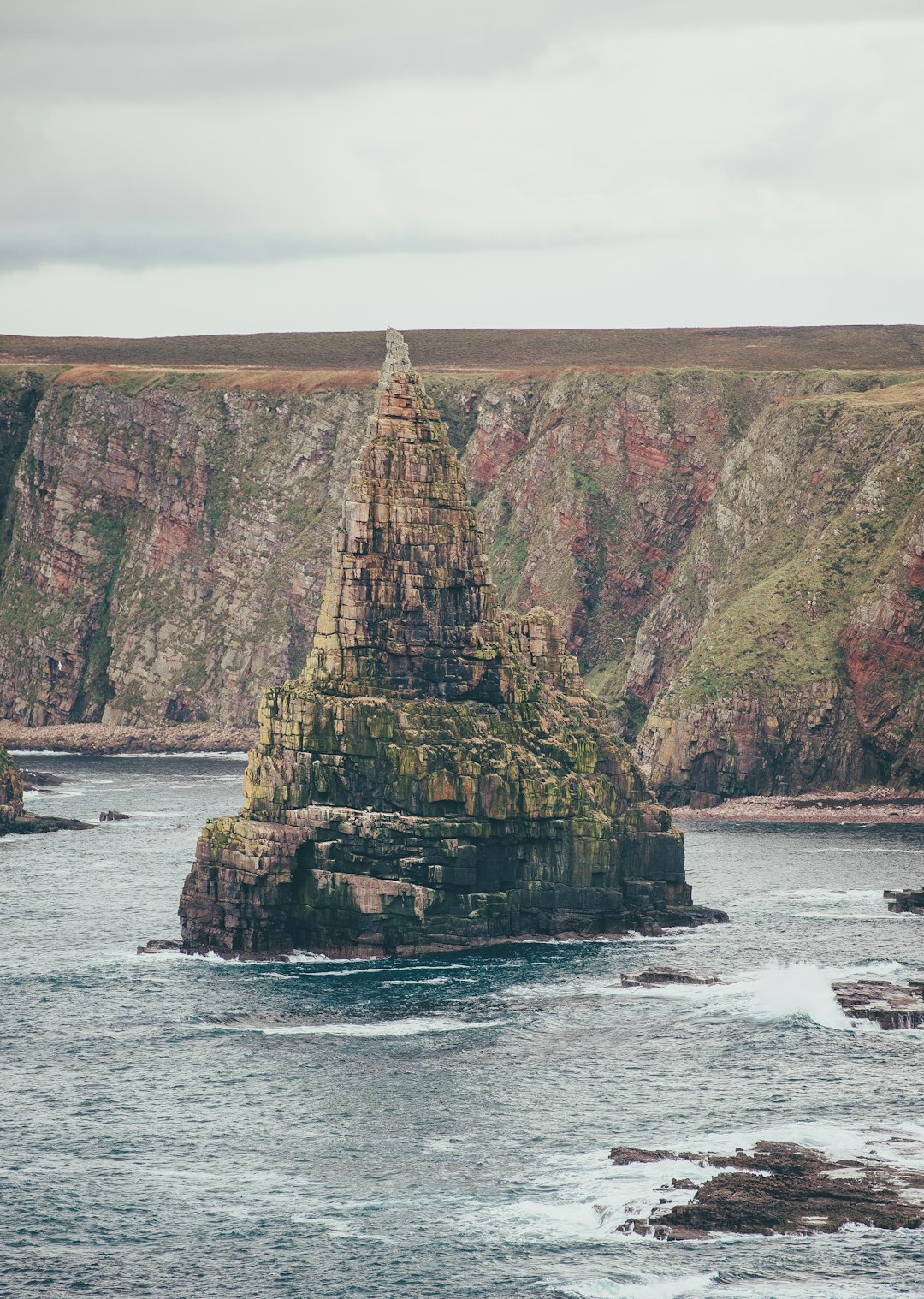Geologist Kaimātai Aro Whenua
Geologists study Earth processes, such as earthquakes, floods and volcanic eruptions, to predict future events. They also advise on natural hazards and how to develop or use the Earth's land and resources.
Engineering geologists may apply to Engineering New Zealand to become a professional chartered geologist (PEngGeol).
Geologists of any specialisation can apply to The Geological Society to become an internationally chartered geologist (CGeol).
Geologists may do some or all of the following:
- study the Earth's structure and processes such as how soils, rocks and faults form
- collect, examine and analyse rocks, minerals and fossils
- give advice and write reports on managing land effectively, resource management and risk of natural hazards such as landslides
- survey the land and seabed to help prepare geological maps
- draw maps using specialist computer software
- carry out geological research to locate natural resources such as minerals and groundwater
- monitor and investigate changing climate conditions
- monitor the geotechnical conditions of mine sites
- write up research results and present findings
- teach at universities.
Physical Requirements
Geologists need to be reasonably fit and healthy for fieldwork. Those working in underground mines need to be able to work in confined spaces.
Useful Experience
Useful experience for geologists includes:
- computer-coding skills
- work in electronics
- work as a geological field assistant or science technician
- any practical fieldwork.
Personal Qualities
Geologists need to be:
- patient and observant
- motivated and methodical
- good at maths and able to solve problems
- good at planning and organising
- skilled communicators for writing reports and other publications.
Skills
Geologists need to have knowledge of:
- the processes (such as volcanic eruptions) that shape the Earth, and how rocks and fossils are formed
- how to identify and analyse geological samples and materials
- research methods and how to analyse the results of their studies
- how to perform experiments and operate scientific equipment
- how to use Geographic Information Systems (GIS) – tools for capturing, storing and analysing geographic data
- how to use computer-based models to understand real-world events.
Geologists in mining need to know how a mine operates, how to locate mineral deposits, how to extract rock or mineral, and how to manage a drilling programme.
Conditions
Geologists:
- often work regular business hours, but may work irregular hours at mine sites
- work in a range of places, including offices, laboratories and mine sites
- may work underground in dark, dirty and enclosed conditions
- may spend time travelling to worksites in New Zealand or overseas.
Subject Recommendations
A tertiary entrance qualification is required to enter further training. Useful subjects include maths, physics, biology, chemistry, geography and English.
Related Courses
Geologists can earn around $90K-$180K per year.
Pay for geologists varies depending on qualifications and experience.
- Geologists usually earn $90,000 to $180,000 a year.
- Source: PERSOLKELLY, '2023- 2024 Salary Guide,' 2023.
Geologists may specialise in:
- engineering – investigating sites for infrastructure projects, and managing natural hazards, and those created by human activity
- mining – analysing geological data to locate new mineral resources, and advise on mine production plans
- environmental geology – helping to prevent contamination of soil and groundwater
- volcanology – studying how volcanoes form and erupt
- marine geology – studying hazards (such as earthquakes) and their effects on coastal areas, ocean resources, and coastal and marine ecosystems
- paleontology – using fossil remains to understand extinct and living organisms, and their environment.
Years Of Training
3-7 years of training required.To become a geologist you need to have a Bachelor's or Master's degree in geology or Earth science, or in a related area such as engineering geology.
A PhD is preferred for research roles in Crown research institutes and universities.

 Bishop Viard College
Bishop Viard College